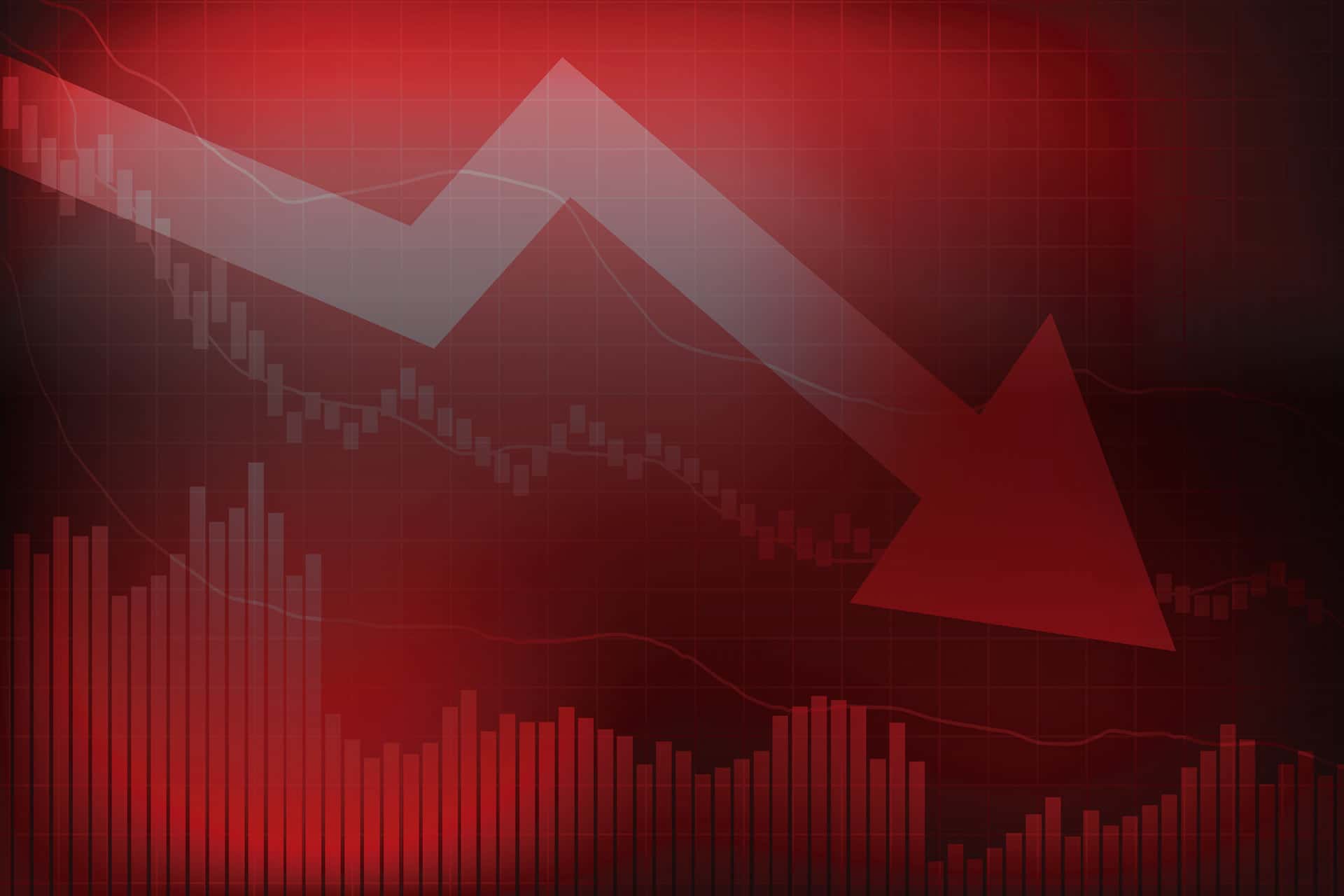Central banks have spooked markets recently with their hawkish rhetoric. We’ve been told inflation is no longer transitory. The Bank of England is now hiking interest rates to soften demand and try to bring inflation down to its target of 2%.
Markets are forward discounting mechanisms and, needless to say, they haven’t enjoyed this more aggressive policy stance. The FTSE 350 has held strong compared to other markets, down 3% year-to-date. It’s even up over 3% in a year. However, the tech-heavy Nasdaq 100 is down 29% (and 14% over 12 months). So it’s officially in bear market territory.
Many highly speculative growth stocks have lost over half their value in recent months. What’s going on and what am I doing about it for my portfolio?
Why are my tech stocks falling?
It’s easy for an investor like me to get confused by recent price action in the technology sector, as I’d view such companies as ‘the future’. An example is renewable energy stocks. But generally, growth stocks love easy money and low interest rates, which is why they fell so heavily as central banks pivoted to that more hawkish stance.
Higher interest rates and inflation cause investors to discount a business’s future profits more heavily, therefore giving them a lower present value today. This means investors aren’t willing to pay sky-high valuations for companies such as Darktrace, which is loss-making. The Nasdaq 100’s performance so far in 2022 underlines this point further.
It has to get worse before it can get better
China’s Covid lockdowns are hurting supply chains further and this has led to heightened inflation figures coming out of the country recently. Although US inflation fell compared to last month’s reading, if we dig deeper, there’s rising inflation in the service sector. Inflation is likely to remain heightened, meaning the US Federal Reserve and other central banks will need to continue quantitative tightening and hiking interest rates. This is bad for growth stocks globally, especially as it’s becoming increasingly likely that the UK and Europe will enter a recession.
With such a challenging investment environment so far in 2022, there are a few things I’ve learned.
Learning Lessons
As the great investor Warren Buffett once said: “Price is what you pay, value is what you get.” Many of the speculative growth stocks that produced triple-digit gains in 2020-21 were unprofitable businesses and overvalued when they started to fall. Taking Shopify as an example, which has fallen 81% from its November 2021 high, it’s still valued at 410 times on a price-to-earnings (P/E) basis. This is a stock that could fall another 80% before it reaches a fair valuation, in my opinion. Valuation matters.
Another lesson I’ve learned from the recent sell-off is that it pays to be diversified and to rebalance when a sector runs too far ahead of itself (technology in 2021). Buying commodities, gold, and defensive stocks (big pharma and defence companies) has served me well in 2022 and offset the losses I experienced in growth stocks.
Overall, buying a diversified portfolio of attractively valued stocks has performed well for me no matter the environment, and this has never been more evident than today.
